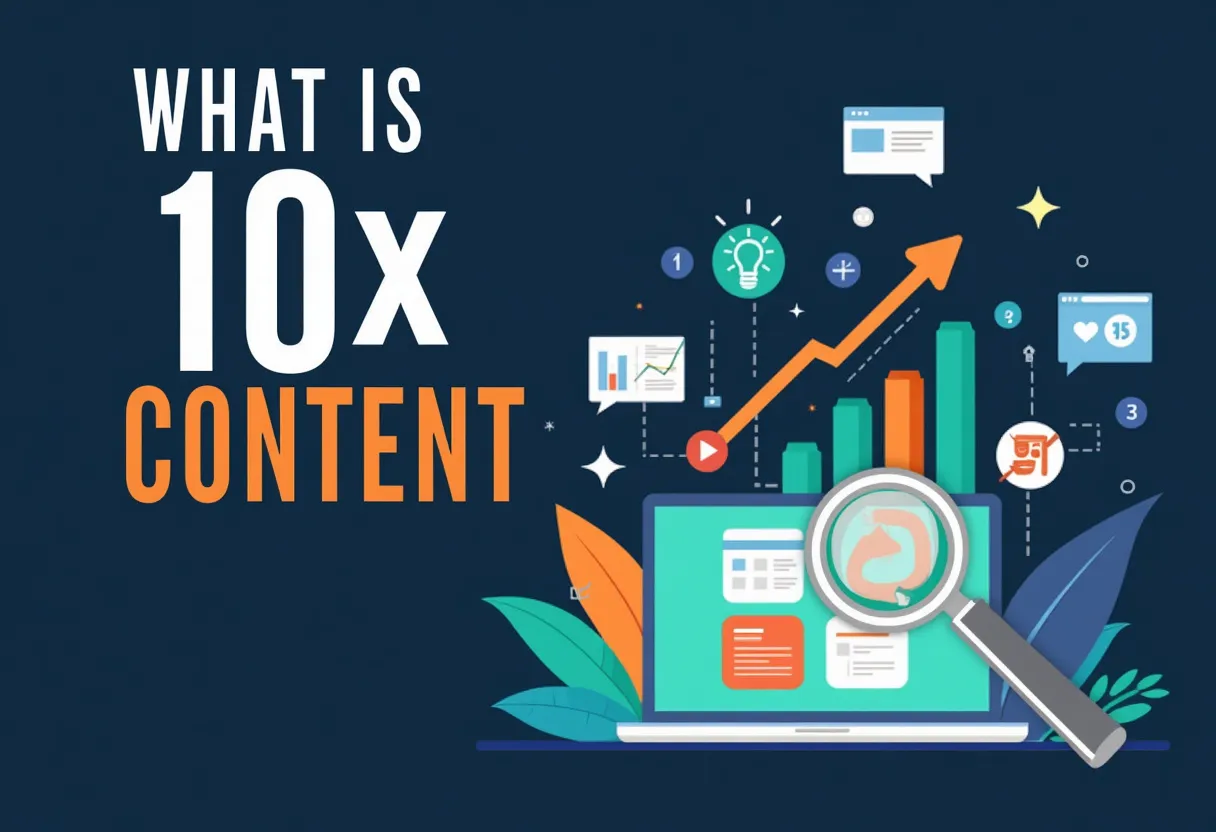Definition: Content Length Theory
Content Length Theory in the context of SEO refers to the concept that the length of content on a webpage can influence its performance in search engine rankings and user engagement. It involves the idea that the word count and detail of content can impact how search engines evaluate and rank web pages. However, it is crucial to note that content length itself is not a direct ranking factor, but rather a factor that can influence other important SEO metrics.
How It Works
Concept and Relevance in SEO
Content Length Theory suggests that longer content often has a higher potential to provide comprehensive and valuable information to users. This can lead to several benefits:
- Comprehensive Coverage: Longer articles can cover topics more thoroughly, addressing user queries more effectively and providing more value to readers.
- Keyword Integration: Longer content allows for more natural integration of keywords, enhancing the alignment with user queries and improving overall SEO value.
- Backlinks and Authority: Comprehensive content tends to attract more backlinks, as it is more likely to be linked to by other websites due to its usefulness and thoroughness.
- User Engagement: Longer content can increase dwell time and reduce ‘pogo-sticking’ (the act of quickly returning to search results), as users spend more time engaging with the material.
Practical Use Cases
- Industry-Specific Content Length: The optimal content length can vary significantly depending on the industry and the specific topic. For example, business-related articles may need to be longer (around 4,000 words) compared to lifestyle posts (around 1,000 words).
- User Intent: Content length should align with the intent behind user searches. For instance, a detailed historical topic might require 10,000 words, while a list of places to visit might need only 3,000 words.
- Content Gap Analysis: Analyzing the content length and topics covered by top-ranking competitors can help in creating more comprehensive content that outperforms existing results.
Why It Matters
Impact on Website Performance and Rankings
While content length is not a direct ranking factor, it can influence other ranking signals such as backlinks, user engagement, and dwell time. These signals are crucial for search engine algorithms in evaluating content quality and relevance:
- Ranking Signals: Longer, high-quality content can improve user experience by providing thorough and valuable information, which can lead to higher satisfaction and engagement metrics.
- User Experience: Comprehensive content can demonstrate expertise and build trust with users, which can indirectly influence search rankings by increasing the likelihood of backlinks and social shares.
Impact on User Experience
Longer content that is well-structured and easy to read can increase the time users spend on a site, reducing the likelihood of ‘pogo-sticking’ and improving overall user experience:
- Dwell Time and Engagement: Ensuring that long content is easily readable and scannable with headings, bullet points, and visuals is essential for maintaining user engagement.
Best Practices
Recommended Methods and Strategies
- Align Content with User Intent: Ensure that the content length aligns with the intent behind user searches. This involves understanding what users are looking for and providing content that fully addresses their queries.
- Focus on Quality Over Quantity: While longer content can be beneficial, it is crucial to focus on providing valuable and relevant information rather than just increasing word count for the sake of it.
- Use Tools for Content Analysis: Utilize tools to analyze the content length and topics covered by top-ranking competitors. This can help in identifying gaps and creating more comprehensive content.
- Optimize for Readability: Break up long content with headings, bullet points, and visuals to enhance readability and scannability.
- Natural Keyword Integration: Integrate keywords naturally within the content to improve alignment with user queries without compromising readability.
- Monitor Performance Metrics: Keep track of metrics such as dwell time, backlinks, and social shares to gauge the effectiveness of your content length strategy.
Additional Related Terms
Here are some additional related terms to consider when thinking about content length and its impact on SEO:
- Content Depth and Readability: Ensuring content is not just long, but also in-depth and easy to read.
- Content Freshness: Regularly updating content to keep it relevant and accurate.
- Content Quality Over Quantity: Prioritizing the value of content over its length.
- Content Relevance: Making sure content aligns with user search intent.
- Content Velocity: The rate at which new content is added and updated.
- Long-Form Content Domination: The idea that extensive, detailed content can outperform shorter pieces.
- Long-Form Guides: Creating comprehensive guides that thoroughly cover a topic.
- Page Content: The body content of a webpage, which can influence user engagement and SEO metrics.
- Optimal Content Length: Finding the right balance in content length to meet user needs and achieve SEO goals.
Conclusion
Content Length Theory highlights the importance of creating thorough, detailed content to improve user engagement and influence SEO metrics indirectly. While the length itself is not a direct ranking factor, its impact on factors like backlinks, user engagement, and dwell time makes it a crucial consideration. Implementing best practices such as aligning content with user intent, focusing on quality, optimizing readability, and monitoring performance can help in making the most of content length. By considering additional related terms and strategies, webmasters can further enhance their content’s effectiveness and ranking potential.



